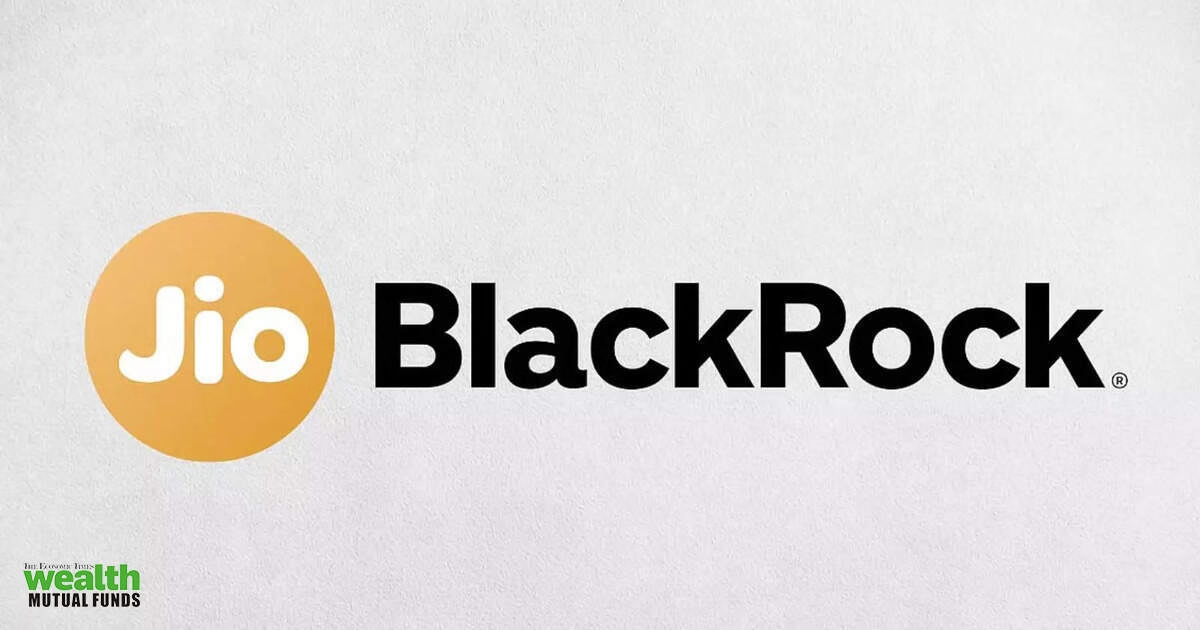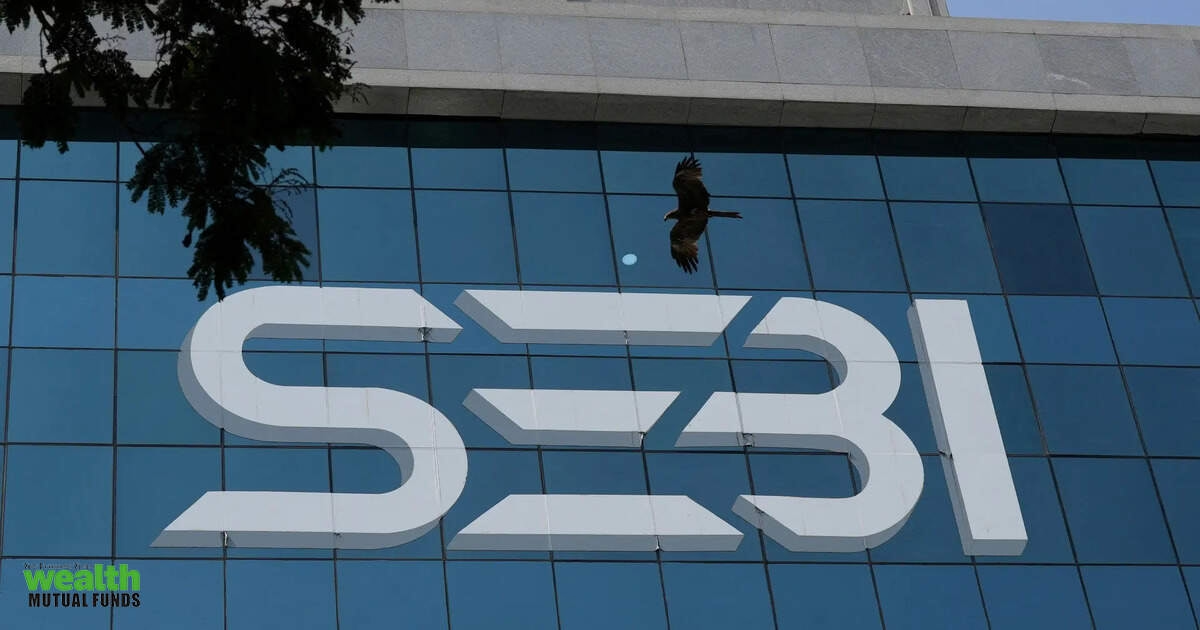iQOO, a sub-brand of Vivo, is known for making phones that are performance-focused and value for money. After the success of the iQOO 12 from last year, the brand is now back with another flagship, which, on paper, seems like another performance monster. The iQOO 13 is the latest phone from the brand, and it’s one of the first phones to launch in India with the Snapdragon 8 Elite SoC. Apart from using the top-of-the-line flagship processor from Qualcomm, the 13 also brings a new display, larger battery, and slightly updated design.
The iQOO 13 is now slightly more expensive than the outgoing model, starting at Rs. 54,999 for the base variant with 12GB RAM and 256GB storage and Rs. 59,999 for the 16GB 512GB option. In this review, we’re going to tell you if it’s worth the extra cash.
iQOO 13 Design: Premium and stylish
- Dimensions – 163.37×76.71×8.13mm
- Weight – 213g
- Colours – Nardo Grey and Legend
The iQOO 13 is a good-looking rectangular slab that, despite its size, doesn’t feel massive in hand. While it looks very similar to last year’s iQOO 12 (Review), there are some changes. The phone gets a matte/satin finish glass rear panel with chamfered sides and a flat aluminium frame with curved, rounded edges. The rear panel is slippery, but the glossy frame provides a somewhat secure grip. You do get a clear grippy case in the bo, though. The frame has a metallic finish to it and gathers fingerprints, but the rear panel on our Legend variant keeps the fingerprints and smudges away. The Nardo Grey option is, unfortunately, a fingerprint magnet.
![]()
The rear panel has a matte finish
iQOO shows off its partnership with BMW M Motorsport on the Legend variant in a very subtle manner. The rear panel is mostly plain, with just the iQOO logo at the bottom and the BMW M badge. The white version, aka Legend, looks and feels elegant. The attention to detail is excellent.
The phone is just 8.1mm thick, but the rear camera module does protrude out. The module now has an RGB LED strip called ‘Monster Halo’. You can use the strip as a notification light or while gaming. It’s not very bright, but it does the job of notifying you.
![]()
You can use the LED strip around the camera island as a notification light
iQOO 13 now comes with an IP rating. It gets IP68/IP69 ingress protection against dust and water. We removed the SIM tray and found that it uses a rubber seal. The phone houses its power and volume buttons on the right frame. You’ll find the SIM tray, USB Type-C port, and a loudspeaker at the bottom, along with a microphone. The top houses the second loudspeaker and another microphone. The phone also has an IR blaster inside the rear camera module and NFC support.
iQOO 13 Display: Big, bright, and everything right
- Size – 6.82-inch, 2K resolution
- Type – Q10 AMOLED, 144Hz refresh rate, 300Hz touch sampling rate
- Protection – Schott Xensation Alpha
The display on the iQOO 13 is a nice upgrade over the iQOO 12, mainly in one key area – brightness. You still get an 8T LTPO AMOLED panel with a 144Hz refresh rate and 2K resolution, but the brightness has been boosted to 1,800 nits HBM (high brightness mode) and 4,500 nits peak brightness. This equates to better outdoor visibility, even under a bright sun. The display size is also slightly bigger – 6.82-inch compared to 6.78-inch on the 12. The bezels are slim and uniform all around, and you get a centred hole-punch camera cutout at the top. The panel also offers a 300Hz touch sampling rate.
![]()
The display is bright outdoors and offers good viewing angles
Other display features are mostly similar to last year and include 10-bit colour, HDR10 support, and Widevine L1 for HD streaming. You get three refresh rate modes – Smart Switch (Auto), Standard (60Hz), and High (144Hz). The phone also lets you switch between full-HD and QHD resolution. As for the colours, you can choose between Standard, Professional, Bright, or Adaptive colour. The display is excellent for gaming and watching videos with good colour output. It also offers several eye protection features and gets two TUV certifications.
You’ll find a new and improved ultrasonic fingerprint scanner on the iQOO 13, a step up from the standard optical unit found on the 12. The scanner was fast and accurate throughout the review period. It was also placed at a comfortable height from the bottom of the display.
iQOO 13 Software: Plenty of customisation and some AI
- OS – Android 15
- UI – Funtouch OS 15
- Latest security patch – 1 October 2024
The iQOO 13 runs the latest Funtouch OS 15, based on Android 15. iQOO has promised 4 years of OS updates and 5 years of security patches. The phone offers a mostly clean software experience apart from a few preinstalled apps and games. Luckily, all of this can be uninstalled. There’s not a lot of bloatware on the phone, but there’s also not a lot of AI features on the device, especially when the entire smartphone industry is after AI. IQOO will likely start bringing new AI features with future software updates.
![]()
The phone will get updates until Android 19
For now, you get AI erase and AI enhancement tools in the Gallery app, which do right by their name. The AI erase lets you remove objects, people, and distractions from an image, and it performed quite well when we tried it. The AI enhancement tool, meanwhile, tries to get rid of blur from pictures and also did a decent job in our testing. Apart from this, you get Google’s Circle to Search, Live Transcribe, and a Dynamic Light feature to control the LED array at the back.
iQOO 13 Performance: Like a BMW M4, it is incredible
- Processor – Snapdragon 8 Elite
- RAM – 12/16GB LPDDR5x
- Storage – 256/512GB UFS 4.1
- GPU – Adreno 830
iQOO has always gone after performance figures and delivering a super smooth gaming experience on its number series, which continues with the 13. The iQOO 13 can run any game you throw at it, and it can run the game at the highest graphics settings possible. The new Snapdragon 8 Elite SoC is super fast, and using the phone is like driving a BMW M4 or M2 Competition. The chip features a new core layout compared to last year’s Snapdragon 8 Gen 3 and uses custom Oryon cores that offer up to 4.32GHz clock speeds. You also get a new Q2 supercomputing chip developed by iQOO that is said to improve gaming performance while being efficient.
![]()
Gaming is super fun on the iQOO 13
If we talk numbers, the iQOO 13 performs really well in all synthetic benchmarks. It also scores higher than its only current competitor in the market, the Realme GT 7 Pro, in most tests. Compared to last year’s 12, there are plenty of improvements.
| Benchmark | iQOO 13 | Realme GT 7 Pro | iQOO 12 |
|---|---|---|---|
| Geekbench 6 Single | 3,063 | 2,953 | 2,225 |
| Geekbench 6 Multi | 9,636 | 9,094 | 6,726 |
| AnTuTu v10 | 27,52,786 | 27,15,106 | 19,83,471 |
| PCMark Work 3.0 | 16,823 | 25,876 | 13,320 |
| 3DM Slingshot Extreme OpenGL | Maxed Out | Maxed Out | Maxed Out |
| 3DM Slingshot | Maxed Out | Maxed Out | Maxed Out |
| 3DM Wild Life | Maxed Out | Maxed Out | Maxed Out |
| 3DM Wild Life Unlimited | 16,496 | 24,042 | Maxed Out |
| GFXBench T-Rex | 121 | 60 | 143 |
| GFXBench Manhattan 3.1 | 121 | 60 | 143 |
| GFXBench Car Chase | 102 | 60 | 127 |
When it comes to real-world usage, the phone continues to perform superbly, and we have never once faced any kind of lag. Animations, app opening/loading, multi-tasking, and almost every other task are a piece of cake for the iQOO 13.
As for gaming, the phone is an easy recommendation. We ran a couple of games, such as BGMI and Genshin Impact, on the phone. The latter ran smoothly at the Highest graphics setting and frame rate. Even BGMI worked flawlessly when set to the maximum available graphics options.
In terms of heat, we were also able to run the games for over two hours without running into any major issues. Even a 3-hour gaming test didn’t slow down the phone despite the frame getting hot to the touch. The phone features a 7,000 mm2 Vapor Chamber, which is what helps keep the heat under control.
iQOO 13 offers dual stereo speakers, and the sound output is pretty good. The speakers get loud and offer some bass as well. The earpiece and microphone also perform very well, and we didn’t face any issues during voice calls. Haptics on the phone provide decent feedback, nothing out of the ordinary. Wi-Fi and Bluetooth performance is also top notch, and we didn’t face any connectivity issues during the review.
iQOO 13 Cameras: Mostly good
- Primary – 50-megapixel Sony IMX921, f/1.88, OIS
- Telephoto – 50-megapixel Sony IMX816, f/1.85, 2x optical zoom
- Ultrawide – 50-megapixel Samsung JN1, f/2.0
- Selfie – 32-megapixel Galaxycore GC32E1, f/2.45
The iQOO 13 comes with a triple rear camera setup that’s, in a way, a step back from what we got on the 12. You no longer get a periscope telephoto sensor, which was really good on the predecessor. Instead, you now get a standard telephoto unit with 2x optical zoom. The front camera now offers higher resolution compared to the iQOO 12. The camera app is your standard FuntouchOS affair, with most camera modes just a tap away.
![]()
You get triple 50-megapixel cameras
While we’ve already done a brief overview (click for samples) on the camera performance of the iQOO 13, where we’ve talked about the primary camera and the telephoto, as seen in the overview, the primary camera does a great job in both day and night scenes, producing sharp, vibrant, and adequately detailed images. The white balance and dynamic range are good, and the colour reproduction is close to natural. There’s nothing to complain about with the main camera’s performance in daylight conditions. In low light conditions, the camera continues to do well and manages to preserve details. The photos also have good white balance and dynamic range.
Let’s talk about the ultrawide camera. Photos from the sensor turn out sharp and detailed in daylight conditions. However, the images tend to be darker and the colours are inconsistent with the main camera.![]()
Ultrawide daylight shots (Outdoor and Indoor) [Tap to expand]
When it comes to low-light performance, the ultrawide camera produces images with softer details, some noise, and darker colours.![]()
![]()
The telephoto camera is a downgrade (in terms of sensor used) compared to the iQOO 12, but the iQOO now uses VCS (Vivo colour science) for software optimisation on the 13. It does a good job with 2x shots, and there’s plenty of detail, a wide dynamic range, and the colours are consistent with the primary camera.![]()
A 4x option is also available in the camera app, which crops into the 2x shot. Here, the photos do carry some softness, and you’ll notice a loss in details, but they are still usable.![]()
Low-light photos from the 2x telephoto are decent, but the 4x shots feature softer details and some noise. You can check the Portrait performance in the camera overview.
4x Low light photo [Tap to expand]
Coming to the front camera, selfies are detailed with good dynamic range and white balance in daylight conditions. Low-light selfies are decent, with images appearing softer and darker.
In terms of video performance, the iQOO 13 supports 8K recording at 30fps from the primary rear camera. The video is detailed and sharp with good colours and white balance, but you’ll notice shakiness as this mode only supports standard stabilisation. You can only use ultra stabilisation in 1080p 60fps videos. The 4K mode also produces well-detailed shots with slightly boosted colours. The main camera does a good job when it comes to low-light video recording. However, the ultrawide and 2x telephoto sensors aren’t great for shooting videos.
iQOO 13 Battery: Excellent
- Capacity – 6,000mAh
- Charging – 120W
- Charger – 120W in the box
We were highly impressed by the battery performance on the iQOO 13, but it wasn’t surprising. The 6,000mAh battery on the phone can easily last up to 2 days with minimal usage. In our HD video loop test, the phone lasted for around 29 hours, which is impressive as the test was conducted with the resolution set to QHD, refresh rate at 144Hz, and 50 percent brightness.
![]()
The phone charges to 100 percent in around 45 minutes
When it comes to charging, the phone supports 120W FlashCharge technology with several safety measures in place. In our charging test, the phone took 46 minutes to charge from 1 to 100 percent. The handset was able to attain a charge of 69 percent in 30 mins and 30 percent in just 10 mins. Charging does heat up the phone a bit, and if you are worried about battery wear, you can enable optimised charging in Battery settings. Unfortunately, the phone still doesn’t offer wireless charging support.
iQOO 13 Verdict
If you want one of the best-performing phones currently available in the market, get the iQOO 13. The phone offers incredible performance that you won’t find in any other Android flagship currently available in India. It also offers excellent battery life, a good set of cameras, a great big display, and super fast charging.
At the starting price of Rs. 54,999, no phones can compete with the iQOO 13 in terms of performance. The recently launched Realme GT 7 Pro (Review) is the only true competition as it’s the only other phone with the Snapdragon 8 Elite SoC in India and is priced similarly. If you want better camera performance, we’d recommend the GT 7 Pro. For everything else, the iQOO is a better choice. However, you can wait for upcoming phones such as the OnePlus 13, which could be priced similarly and offer better performance and cameras.









